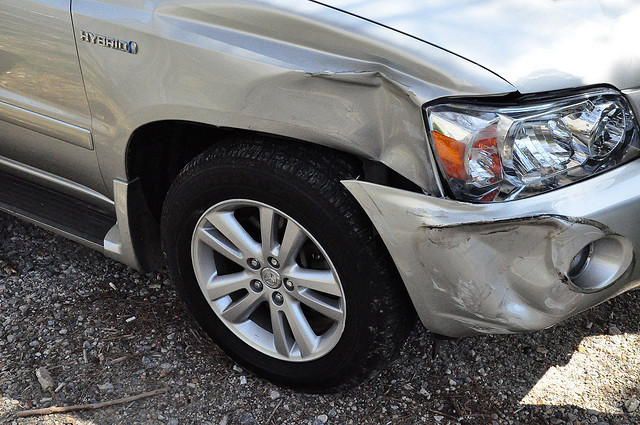Without medical coverage, to treat a broken arm or leg (that does not require surgery) it could cost up to $2,500.
Without medical coverage, to treat a broken arm or leg (requiring surgery) it could cost $16,000 or more.
I wanted to make sure everyone understands how the medical coverage works for sports related injuries. There is a list of “high-risk sports/activities” that are not covered with the basic or upgrade medical insurance plans. Those activities are only covered with the Sports Insurance Package (also known as Option A.)
The Sports Insurance Package was available pre-departure and may also be purchased at any time during your year. It takes effect within 48 hours of your enrollment and it is good for 12 months. The cost will be the same ($75) whether you have a month left or your whole year ahead of you. I recommend you pay for it early on, if you didn’t already purchase it. You never know when an opportunity might present itself and you don’t want to miss out on an adventure. You also don’t want to take a risk on getting injured and being responsible for the bill on your own.
Below is a partial list of sports that are only covered with the sports insurance package:
Football, Rugby, Scuba diving, Ski-doo, Wakeboarding, Skydiving, Parachuting, Rock climbing, Zip line, Skate boarding, Rollerblading, Roller skating, Ice Skating, Skiing, Snowboarding, Snowmobiles & Snowshoeing. View the full list on page 3 of the insurance brochure HERE (2013 arrival au pairs) & HERE for (2014 arrival au pairs)
Note: Injuries sustained while partaking in these sports are covered with purchase of the Sports Insurance ONLY.
How to register for the Sports Insurance
Download the form HERE and follow the instructions. It takes a few days for your coverage to begin. If you think you will be doing any of these sports, you should get it now.


 Having a car accident is a very upsetting, stressful situation. Being prepared and knowing what to do can make things a little bit easier. Make sure you know which host parent to call in case of an accident.
Having a car accident is a very upsetting, stressful situation. Being prepared and knowing what to do can make things a little bit easier. Make sure you know which host parent to call in case of an accident.
 November 29– Black Friday is the Friday after Thanksgiving and is the beginning of the traditional Christmas shopping season. Black Friday is not an official holiday, but many people have the day off, which increases the number of potential shoppers. Merchants and the media use the term Black Friday to refer to the beginning of the period in which retailers are in the black i.e., turning a profit for the year. Sales are everywhere–set your alarm and hit the stores before the sun comes up to get an authentic experience this unique day!
November 29– Black Friday is the Friday after Thanksgiving and is the beginning of the traditional Christmas shopping season. Black Friday is not an official holiday, but many people have the day off, which increases the number of potential shoppers. Merchants and the media use the term Black Friday to refer to the beginning of the period in which retailers are in the black i.e., turning a profit for the year. Sales are everywhere–set your alarm and hit the stores before the sun comes up to get an authentic experience this unique day!